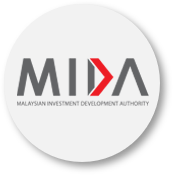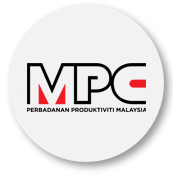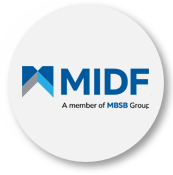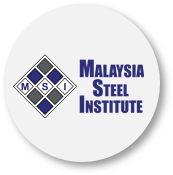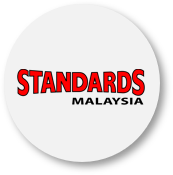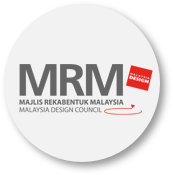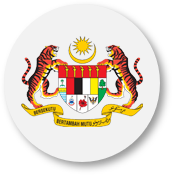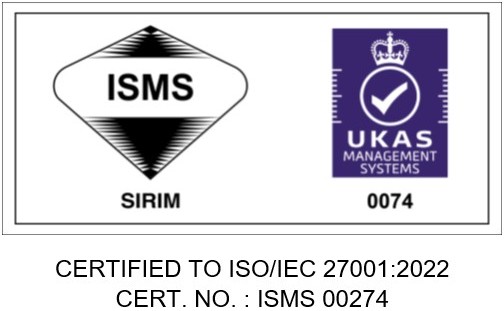BACKGROUND
-
The ASEAN Comprehensive Investment Agreement (ACIA) (the text can be downloaded here) was signed by the ASEAN Economic Ministers on 26 February 2009 in Cha-Am, Thailand and has entered into force on 29 March 2012. ACIA involves revision, combination and enhancement of the Framework Agreement on the ASEAN Investment Area (AIA) signed in 1998 and the ASEAN Agreement for the Promotion and Protection of Investments (IGA) signed in 1987.
-
In replacing the earlier AIA Framework and the IGA, the more comprehensive ACIA further enhances ASEAN’s effectiveness in attracting investments in light of the challenges and objectives of the ASEAN Economic Community (AEC). ACIA aims to create a free and open investment regime in ASEAN in order to achieve the end goal of economic integration under the AEC in accordance with the AEC Blueprint, through the following:
-
progressive liberalisation of the investment regimes of Member States;
-
provision of enhanced protection to investors of the Member States and their investments;
-
improvement of transparency and predictability of investment rules, regulations and procedures conducive to increased investment among Member States;
-
joint promotion of the region as an integrated investment area; and
- cooperation to create favourable conditions for investment by investors of a Member state in the territory of the other Member States.
-
Protocol to Amend the ACIA
-
ACIA among others, include a provision which allows ASEAN Member States (AMS) to make amendments or modifications to the commitment made in ACIA and the respective Reservation List (RL), without negative implication to existing investors and investments. AMS, through ASEAN Coordination Committee on Investment (CCI), has taken steps and agreed to produce a Protocol to Amend the ACIA, which clearly explains the guidelines and procedures required for AMS to make amendments or modifications to the commitment made in ACIA and the respective RL.
-
The Protocol to Amend the ACIA was signed by AMS during the ASEAN Economic Ministers – 17th ASEAN Investment Area Council (AEM-17th AIA Council) Meeting on 26 August 2014 in Nay Pyi Taw, Myanmar. It has entered into force on 12 September 2016.
Second Protocol to Amend the ACIA
-
The main content of the Second Protocol to Amend the ACIA is an amendment to the definition of “Permanent Resident” which contained the definition of “Natural Person” (in ACIA’s Article 4) and removal of paragraph 6 from the ACIA Headnote for the List of Reservations (ACIA RL Headnote).
-
Paragraph 6 of ACIA RL Headnote requires AMS to start discussion on the treatment of permanent residents of a Member State as an investor 6 months from the date of entry into force of the ACIA (March 2012). However, there are still no changes in the policy/law of Cambodia, Indonesia, Lao PDR, Myanmar, Philippines, Thailand and Viet Nam on the treatment of permanent residents of a Member State as an investor after 3 years of discussions.
-
Only Brunei, Malaysia and Singapore recognise permanent residents and accord substantially the same treatment to their respective permanent residents as they accord to their respective nationals in respect of measures affecting investment. In gist, the protocol will allow AMS with similar legal systems (in particular, Brunei, Malaysia and Singapore) to mutually recognise and accord the benefits of ACIA to Permanent Residents (PRs).
-
The Second Protocol is signed on 21 September 2017 in Ha Noi, Viet Nam and has entered into force on 18 June 2020.
Third Protocol to Amend the ACIA
-
The Third Protocol to Amend the ACIA is an amendment to the ACIA RL Headnote. Under ACIA, AMS recognised “Juridical Person” i.e. company as an investor, taking into account that the company is constituted under the law of AMS. This means that companies registered in one AMS and investing in another AMS will be accorded protection under ACIA.
-
However, paragraph 8 of ACIA RL Headnote provides for an exception for Thailand which Thailand is allowed to not recognise “Juridical Person” constituted or otherwise organised under the law of AMS if the “Juridical Person” is not owned and/ or controlled by nationals of AMS. In gist, a registered ASEAN company owned and/ or controlled by nationals of non-ASEAN investing in Thailand will NOT be accorded protection under ACIA.
-
Thailand has secured the approval of its Cabinet to remove paragraph 8 of the ACIA RL Headnote related to her Foreign Business Act B.E. 2542 (1999) in order to accord the benefits of ACIA to all “Juridical Person” of AMS irrespective of nationality of their shareholders. With this, Thailand will now accord the benefits of ACIA to all “Juridical Person” of AMS irrespective of nationality of their shareholders.
-
The Third Protocol is signed on 20 December 2017 in Ha Noi, Viet Nam and has entered into force on 18 June 2020.
Please click the following links to view ACIA’s documents:
-
AMS’ Reservation Lists:
https://asean.org/?static_post=asean-compehensive-investment-agreement-reservation-list -
AMS’ Revised Reservation Lists:
https://asean.org/asean-economic-community/asean-investment-area-aia-council/agreements-declarations/







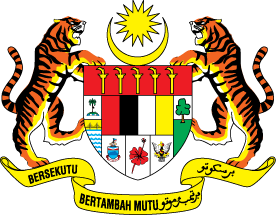





 Home
Home








